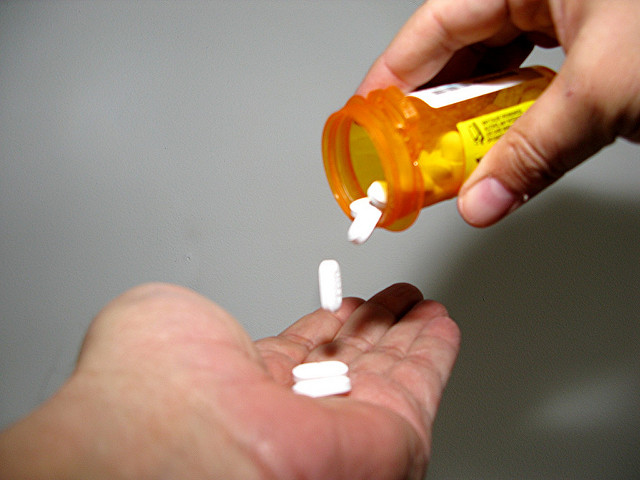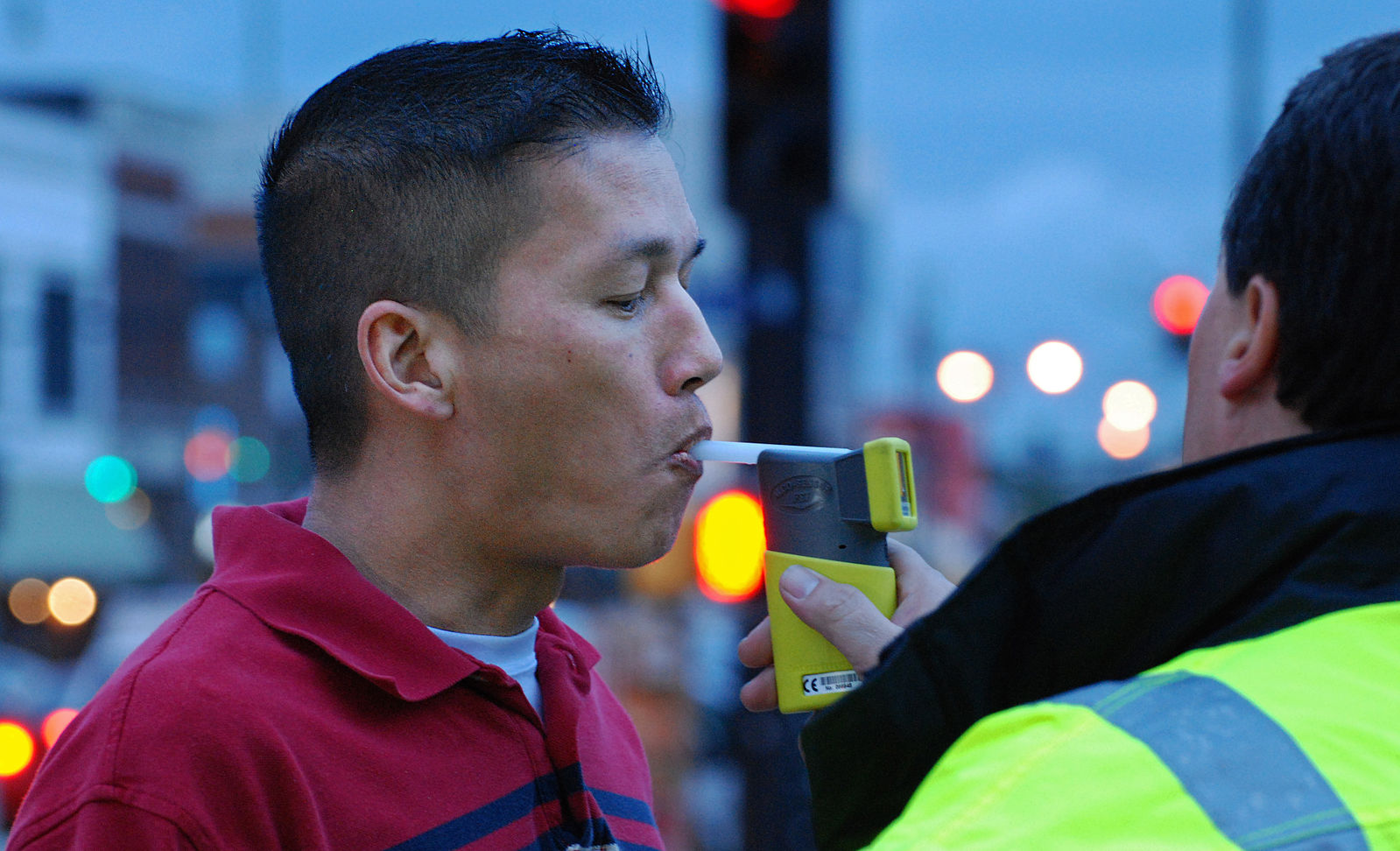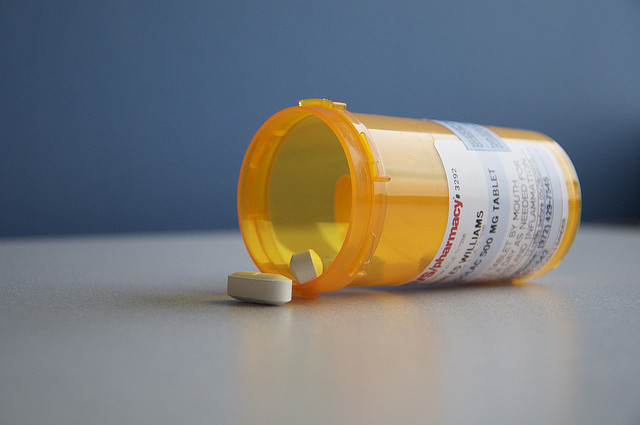We're Having the Wrong Conversation About Tiger Woods' Arrest

By:
When golf pro Tiger Woods was found asleep at the wheel of a Mercedes-Benz on Monday, police asked him to take a breathalyzer test. His blood alcohol content came back .000 on two tests.
Nonetheless, Woods was charged on suspicion of driving under the influence after admitting he "takes several prescriptions."
In dash cam video obtained by TMZ on Wednesday afternoon, Woods appears impaired and struggles to follow officers' directions.
In a statement released earlier Monday, Woods denied consuming alcohol before driving, blaming his impairment on "an unexpected reaction to prescribed medications."
Prescription drug use is at an all time high in the U.S., and Woods is not alone.
"Everybody is looking at this because a celebrity got into this situation, but this happens every day across the country with people who are not celebrities as well," Tom Kimball, director of the National Traffic Law Center, told ATTN:. "It's a big issue."
 Flickr - flickr.com
Flickr - flickr.com
Last year, more than 40,000 people died in traffic accidents—the first time it's been that high since 2007—and half of those deaths were attributable to alcohol or drug-related impairment, The New York Times reports. But while rates of alcohol-related impairment have remained steady, the U.S. has seen "a huge increase in drug-related driving cases," Kimball said.
Convicting a person of driving under the influence of prescription medications is also more difficult than convicting a drunk driver.
 Wikimedia - wikimedia.org
Wikimedia - wikimedia.org
Police officers have a wide range of field tests they can use to prove a driver is impaired from alcohol, including breathalyzers that can instantly detect the percentage of alcohol in a driver's bloodstream. The science on drunk driving has been largely settled, with federal and state laws dictating legal limits.
Yet, there's no breathalyzer for driving under the influence of drugs, illegal or prescription. It's up to police to determine whether a driver is impaired from something other than alcohol, and reaching a conviction can be challenging because juries tend to be skeptical of arrests that lack clear scientific evidence of impairment. Toxicology reports showing the presence of certain drugs in a person's bloodstream don't necessarily prove that the driver was impaired at the time of the arrest. Dash cam video from Woods' arrest is one tool prosecutors can use to convince juries that the defendant was impaired.
To Kimball, the pharmaceutical industry shares some of the blame for the rise in prescription drug DUIs.
 Flickr - flickr.com
Flickr - flickr.com
"I am very fed up with how the medical and pharmaceutical companies treat these types of situations," Kimball said. "Why does your pill bottle say 'Don't operate heavy machinery,' which people tend to think of as bulldozers and backhoes? Why doesn't the pill bottle say, 'Don't drive while taking this pill'?"
"I think the public is misled by the lack of information from the pharmaceuticals and the doctors," he said.
